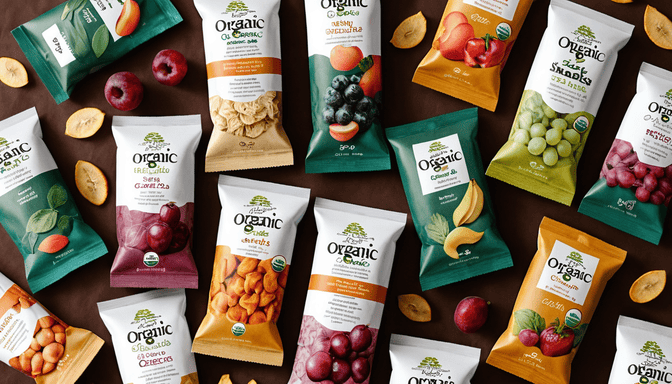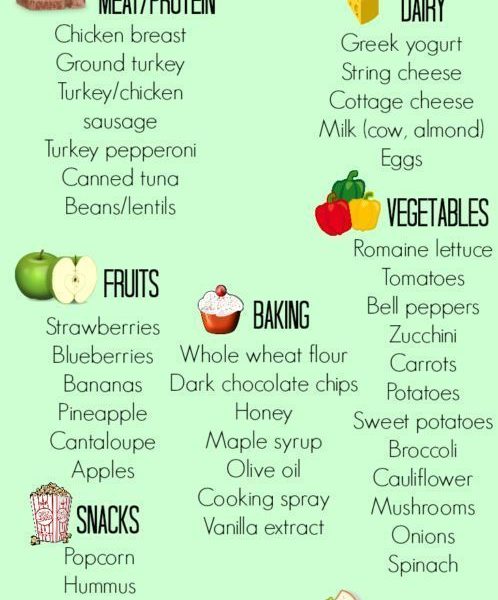When it comes to choosing the best produce for your family, organic vegetables are the way to go. Not only are they better for your health, but they also have a positive impact on the environment. In this article, we will explore the reasons why organic vegetables should be a staple in your household.
What Does Organic Mean?
Organic vegetables are grown without the use of synthetic pesticides, fertilizers, or genetically modified organisms (GMOs). Instead, organic farmers rely on natural methods such as crop rotation, composting, and biological pest control to maintain the health of their plants. This means that when you choose organic, you are getting produce that is free from harmful chemicals and is better for both your body and the environment.
Health Benefits of Organic Vegetables
One of the main reasons why organic vegetables are better for your family is because they are more nutritious. Studies have shown that organic produce contains higher levels of vitamins, minerals, and antioxidants compared to conventional produce. This is because organic farmers focus on building healthy, nutrient-rich soil, which in turn leads to healthier and more nutrient-dense vegetables.
Additionally, organic vegetables are free from synthetic pesticides and fertilizers. These chemicals have been linked to a variety of health issues, including cancer, hormone disruption, and neurological problems. By choosing organic, you are reducing your family’s exposure to these harmful substances and protecting their health in the long run.
Environmental Benefits of Organic Farming
Not only are organic vegetables better for your family’s health, but they also have a positive impact on the environment. Organic farming practices promote soil health, water conservation, and biodiversity, which help to protect our planet for future generations.
Organic farmers use methods such as crop rotation, cover cropping, and composting to maintain the health of the soil and reduce erosion. This not only improves the quality of the soil but also helps to sequester carbon and reduce greenhouse gas emissions. Additionally, organic farmers prioritize water conservation and use practices such as drip irrigation and rainwater harvesting to reduce water waste.
How to Incorporate Organic Vegetables into Your Family’s Diet
Now that you understand the benefits of organic vegetables, you may be wondering how to incorporate them into your family’s diet. One easy way to start is by shopping at your local farmers’ market or joining a community-supported agriculture (CSA) program. These options allow you to buy fresh, locally grown organic produce directly from the farmers who grow it.
You can also try growing your own organic vegetables at home. Even if you don’t have a lot of space, you can still grow herbs, lettuces, and other small vegetables in containers or raised beds. This not only ensures that you are getting the freshest produce possible but also allows you to teach your family about where their food comes from and the importance of sustainable agriculture.
In Conclusion
Organic vegetables are not only better for your family’s health but also have a positive impact on the environment. By choosing organic, you are supporting sustainable farming practices, reducing your exposure to harmful chemicals, and providing your family with the most nutritious and delicious produce available. So next time you’re at the grocery store, make the switch to organic and reap the rewards for both your family and the planet.


